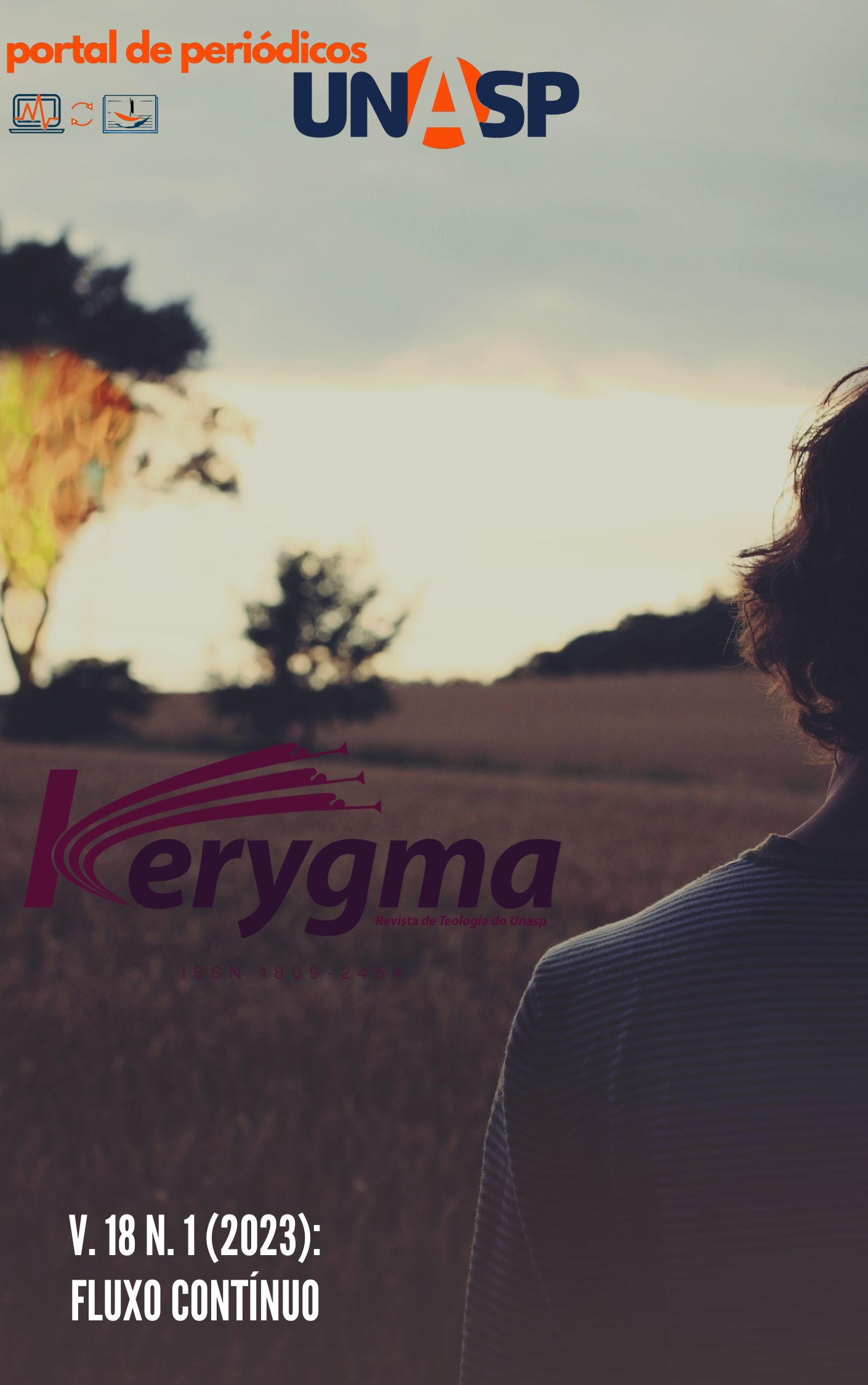Abstract
This essay focuses on the Koine Greek language, used in the construction of the New Testament texts. Textual criticism, concerning the texts, aims to organize, analyze and compare the countless manuscripts and various other sources related to the traditionally accepted New Testament canon. This article focuses on the language in which the New Testament was written and examines some primary information on why Greek culture (including its language) notably influenced many peoples, mainly from the conquests of Alexander the Great. The objective of this article is to present field research that takes a look on literary history and demonstrates the importance of the Hellenic language for the writing of New Testament texts.
References
ALAND, Kurt; ALAND, Barbara. O texto do Novo Testamento: introdução às edições científicas do Novo Testamento Grego bem como teoria e prática da moderna crítica textual. Barueri: Sociedade Bíblica do Brasil, 2013.
ALTAMER, Berthold. Patrologia. Madrid: Espasa Calpe S.A, 1956.
BERGER, Klaus. As Formas Literárias do Novo Testamento. São Paulo: Loyola, 1998.
BROWN, Raymond; FITZMYER, Joseph; MURPHY, Roland. Novo Comentário Bíblico São Jerônimo: Novo Testamento e Artigos Sistemáticos. Santo André: Academia Cristã; São Paulo: Paulus; São Paulo: Editora Academia Cristã, 2011.
BUZZETTI, Carlo. Bíblia e suas Transformações. São Paulo: Ave Maria, 1999.
CESAREIA, Eusebio de. História Eclesiástica. Tradução de Lucy Iamakami e Luís Aron de Macedo. Rio de Janeiro: CPAD, 1999.
CORDERO, Néstor. La Invención de la Filosofia: una Introduccíon a la filosofia antigua. 1. ed. Buenos Aires: Biblos, 2008
CULLMANN, Oscar. A Formação do Novo Testamento. São Leopoldo: Sinodal, 2001.
HALE, Broadus. Introdução ao Estudo do Novo Testamento. São Paulo: Hagnos. 2001.
HOFFMANN, Edgar. Introdução ao Grego Bíblico: História, Gramática e Tradução. Mato Grosso: Sinop. 2011.
HORTA, Guida. Os gregos e seu Idioma: manual prático da língua grega clássica e da cultura helênica. Rio de Janeiro: J. Di Giorgio. 1983.
KOESTER, Helmut. Introdução ao Novo Testamento (volume 2): História e literatura do Cristianismo primitivo. São Paulo: Paulus, 2005.
KÜMMEL, Werner. Síntese Teológica do Novo Testamento. 4. ed. São Paulo: Editora Teológica, 2003.
MARCONDES, Danilo. Iniciação à História da Filosofia: dos pré-socráticos a Wittgenstein. 13. ed. Revista e ampliada. Rio de Janeiro: Zahar, 2007.
METZGER, Bruce; EHRMAN, Bart. The Text of New Testament: its transmission, corruption, and restoration. 4. ed. New York: Oxford University Press, 2005.
PAROSCHI, Wilson. Crítica Textual do Novo Testamento. São Paulo: Vida Nova, 1993.
STAMBAUGH, John; BALCH, David. O Novo Testamento em Seu Ambiente Social. Tradução de João Rezende Costa. São Paulo: Paulus, 1996.
STEGEMANN, Ekkehard; Stegemann, Wolfgang. Historia Social del Cristianismo Primitivo: Los inicios en el judaísmo y las comunidades cristianas en el mundo mediterráneo. Estella, Navarra: Editorial Verbo Divino, 2001.
STRONG, J. The new Strong's complete dictionary of Bible words. Nashville, TN: Thomas Nelson Publishers, 1996.
GINGRICH, Wilbur.; DANKER, Frederick. Léxico do Novo Testamento Grego/Português. São Paulo: Vida Nova, 1984.

This work is licensed under a Creative Commons Attribution 4.0 International License.
Copyright (c) 2023 Kerygma





